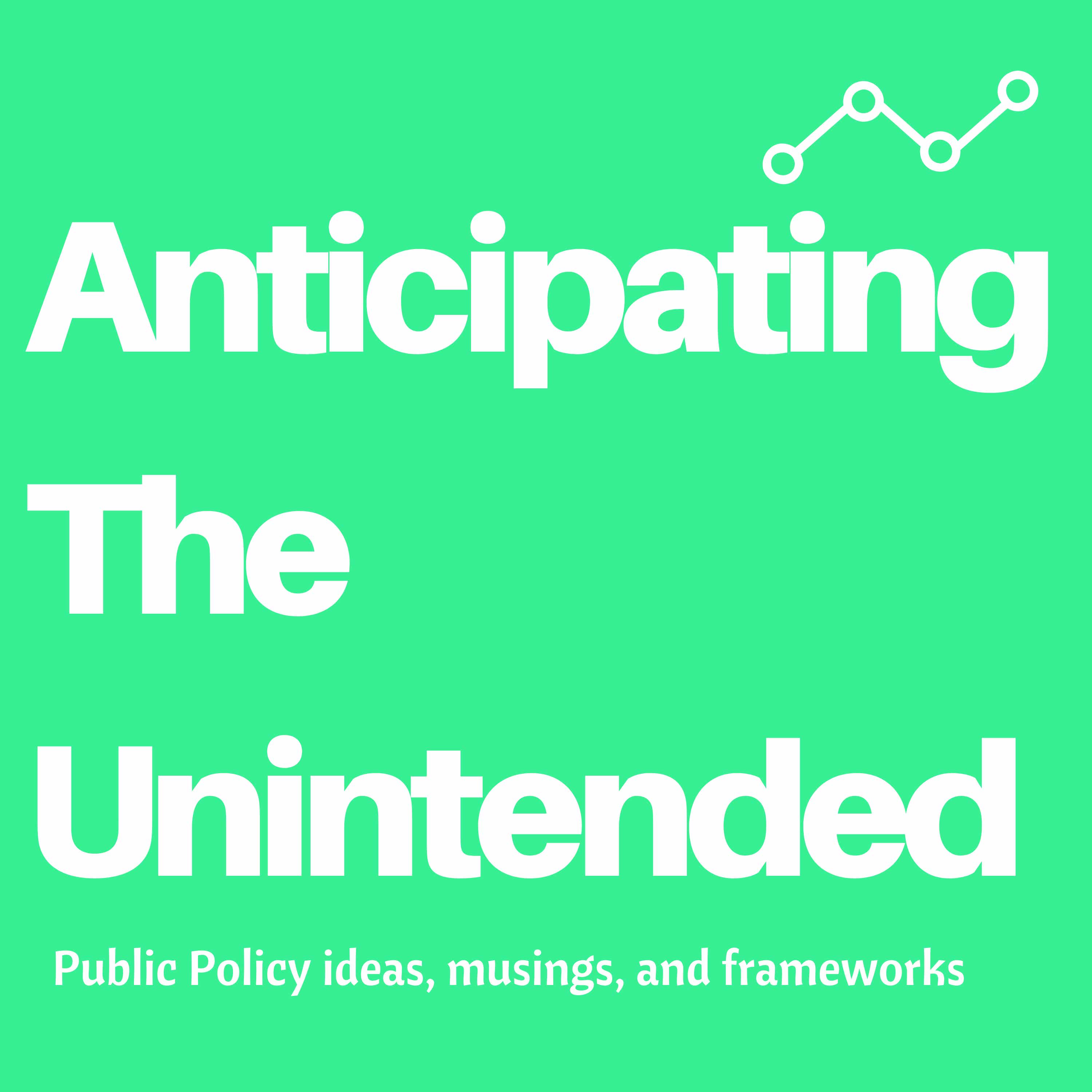#191 #TwitterMustDie?
Description
Global Policy Watch: Tu Cheez Badi Hai Musk, Musk (umm, sorry)
Insights on global policy issues
— RSJ
One of the great problems of policy, or even philosophy, is who should own things that are or that behave like public utilities. For instance, who should own news broadcasting services? Suppose you prepare a case study explaining what’s news broadcasting, the perils that someone abuses such a service to spread fake news and propaganda, and the damage they do to society. Now hand over this case to a bunch of well-meaning people and ask them: how would they frame a policy on ownership of such a service? What do you think the answer will be?
I don’t have any empirical evidence to back this, but I think in most scenarios, you will find a group of well-meaning people supporting some kind of ownership by the state or a distributed set of individuals. They might suggest a set of tightly regulated norms on what should be broadcast, and they could also throw in a stringent penalty regime for violations. It is unlikely that any group will come up with the answer that it should be owned by a megalomaniac rich man who believes in free speech, flips the bird to regulators on most occasions and has a penchant for poop emojis. A public utility cannot be left to such unstable people regardless of their genius, is what most would say.
Twitter is the equivalent of a global public square where news stories are broken, and opinions and trends are generated. Should it be owned widely by the public with a governing board that regulates the platform, its content and its algorithm? Or should it be owned by the state, which can run it like a public utility without a profit motive? Or should Elon Musk own it?
What do you think?
Twitter Is Different
Before I venture to write about the options, it will be useful to lay out the unique character of Twitter as a platform. During the week, I reached out to Amit Varma (doesn’t need an introduction to readers here), who always has a clear-eyed view of things, to understand what he makes of the happenings at Twitter. His views helped me articulate my thoughts better. Read his insightful piece on Twitter here.
First, unlike broadcasting services of the past, Twitter is exceptionally quick because it is a hyperconnected network of people. Events unfold in real-time on it, and trends catch on fast. Mobilisation on Twitter is faster than the speed of response of any state. It plays an outsized role in shaping the discourse because speed is a feature in today’s age.
Two, the incentive architecture of Twitter is designed to reward extreme positions. The ‘retweet’ or ‘quote’ button, the notion of having ‘followers’ and the constraint of the 280 characters all mean there’s more purchase for broad generalisations, provocative positions and performative behaviour to pander to your own tribe.
Three, Twitter is a monopoly in a very unique sense. Granted, there are other platforms that take a share of our attention, but there’s only one platform that richly rewards us for our attention with the dopamine hit in the manner Twitter does. Social media platforms tend to be ‘winner takes all’ plays because, as a user, once you build a certain kind of network and reach that’s unique to that platform, there’s little incentive to start building it all over again for the same benefits in another. The switching costs are just too high.
#OwningTwitter
Think of these features of a broadcasting service together - hyperconnected and quick, rewarding fringe behaviour and a natural monopoly. How should we think about its ownership? Now look at the three options of its ownership - a) the state (or a group of states), b) a widely-held listed public company or c) a Musk-like figure. One way to think through this is to understand the natural incentives of these respective owners, how they will use the platform to achieve those and what will be the net societal outcomes of those actions.
Take th
More Episodes
Prediction Time
—RSJ
In a year when countries as diverse as India, the United States, the United Kingdom, Russia, Taiwan, Pakistan and Palau go for their elections, it is tempting to go for an overarching theme for the year while looking ahead. Unfortunately, like these aforementioned elections...
Published 01/14/24
Published 01/14/24
Happy New Year
— RSJ
Happy 2024, dear readers!
We hope 2023 was good for all of you. If it wasn’t, we are glad that it’s behind you. We didn’t have too bad a 2023 ourselves. This newsletter went along swimmingly (or so we think) and we had our book ‘Missing in Action: Why You Should Care About...
Published 01/07/24


